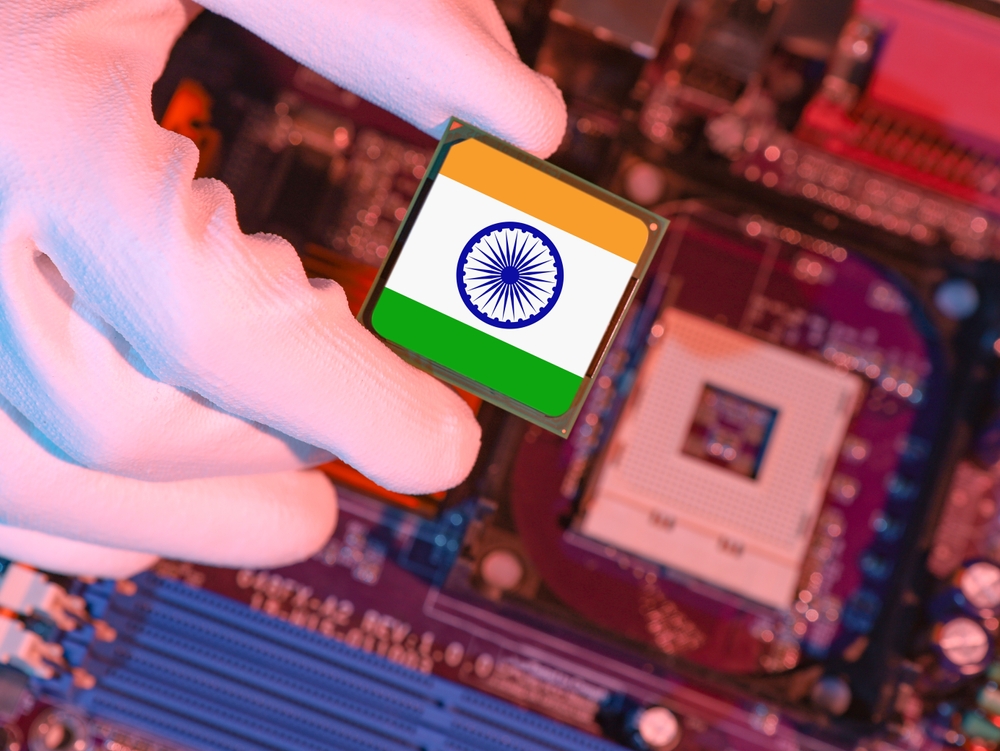The transformative impact of AI is sending shockwaves through the global electronics industry. Demand for high-performance computing, driven by advancements like ChatGPT, is outpacing even optimistic forecasts and fueling a scramble for specialised components.
- Chip giants face capacity strain: TSMC, a major foundry, expects a surge in revenue from AI accelerators as it takes steps to bolster its cutting-edge 3nm manufacturing capacity. However, this comes at the cost of reduced gross margins as the company reallocates existing resources. Meanwhile, OpenAI is already flagging concerns of potential chip shortages in the tightly-held GPU market, where Nvidia remains dominant.
- Memory market volatility: AI’s vast data storage needs are driving price inflation across the memory market. Western Digital reports a shortage of high-capacity HDDs and SSDs, with prices rising significantly and further increases predicted.
- High-bandwidth memory set for dramatic expansion: TrendForce projects a dramatic rise in the adoption of High Bandwidth Memory (HBM). Due to its premium pricing and increased AI chip capacity requirements, HBM’s share of the DRAM market is forecast to surge in the next few years, potentially exceeding 10% in terms of capacity by 2025 and over 30% in market value.
- Supply chain realignments: Seeking to diversify supply chains and unlock innovation, Microchip has expanded its partnership with TSMC in Japan and strategically acquired AI-focused Neuronix to enhance its FPGA edge solutions. The industry is abuzz with strategic alliances and capacity adjustments to address rapidly evolving AI-driven demand.
Implications for the electronics industry:
- Accelerated demand for specialised components: Demand for high-performance GPUs, FPGAs, and HBM memory will likely continue to surge. Engineers and businesses must prepare for the ripple effects, including potential supply disruptions and the need to adapt designs.
- Investment opportunities emerge: Suppliers specialising in AI-optimised silicon, including HBM technology, are well-positioned for exponential growth. Companies investing early in this space may gain a significant competitive advantage.
- Supply chain agility is crucial: The market landscape is likely to remain volatile. Companies will need to develop agile supply chains capable of rapid resourcing, strategic partnerships, and alternative sourcing options to mitigate risk.
While AI’s disruption challenges legacy supply chains, it ultimately represents a tremendous catalyst for growth within the electronics industry . Proactive companies that invest in specialised solutions and embrace supply chain agility will be positioned to reap the rewards of this transformative technology.
Thousands of senior engineers and procurement professionals subscribe to our LinkedIn Market Intel newsletter – get yours here
For more help with looking at supply chain options, contact Astute Electronics






